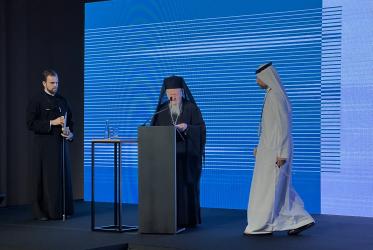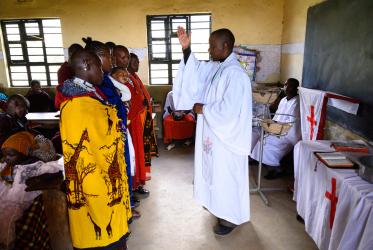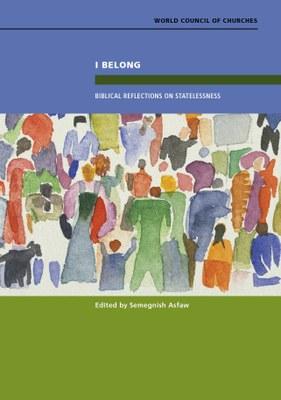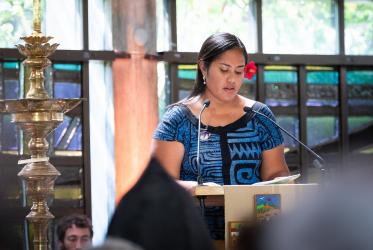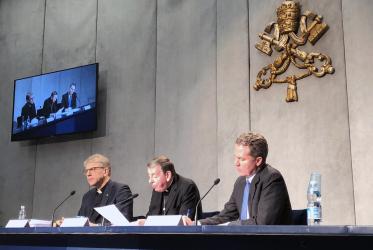Displaying 1 - 20 of 22
Christians in Africa face increasing violent attacks, repression
23 December 2020
I Belong: Biblical Reflections on Statelessness
Biblical Reflections on Statelessness
12 October 2020
Young people play key role during papal visit
22 June 2018
Pope Francis at the World Council of Churches
31 May 2018
Catholic-WCC group pursues new mandate
13 April 2016
“European solidarity must be strengthened”
29 October 2015


